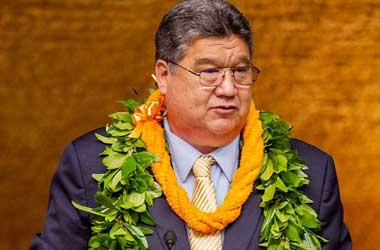 Summary:
Summary:
- Revenues would go towards the wildfire relief fund.
- A Hawaii Gaming Control Commission would be created.
- The tax framework seeks to also deal with illegal gambling activity.
Hawaii may be a conservative state regarding gambling, but that hasn’t stopped one senator from trying to introduce legislation. This week, Senator Ronald D. Kouchi announced Senate Bill 3376.
The measure would give residents and visitors to the state access to poker and sports betting services.
Pushing for Wildfire Relief
This time around, the measure would benefit the state via a wildfire relief fund. The hope is that the need for funds due to the huge loss during the wildfires in the state last year will help the bill move forward. So far, the state is $6 billion in the hole from the catastrophic event. SB 3376 would take tax revenues and use it to create a fund for wildfire relief.
The state would need to create a Hawaii Gaming Control Commission since gambling is basically nonexistent. This would help set up the industry and have an overseer for poker and sports betting. The bill also seeks to stop illegal gambling activities, which reportedly involve tens of thousands of residents in the state.
Sports betting is expected to bring the state over $6 million in yearly tax revenue. A high tax rate of 70% is proposed in the bill for the first year. After that, the percentage would decrease yearly by 5%.
Details of the Measure
The online gambling bill has a tough application process for potential operators, with only one company gaining access to services after meeting all requirements. Only mobile betting would be allowed. This makes sense since the state does not have any land-based casinos.
Anyone interested in licensing must apply within 60 days of the license window. Companies must submit a development plan that lists the number of employees expected, the economic benefits that would take place in the local community, and projected earnings. A plan must also be provided that shows training options for employees.
Applications would cost $50,000, covering a background check of the potential operator by the gaming commission. A license will be valid for ten years if the legislation passes. Operators must adhere to wagering rules, including a max bet of $1,500 per event. Only those who are 21 or older would have access to services.
It is unclear if there is enough support for this measure to pass law. Hawaii is known as a strict and conservative state when it comes to gambling. It may take a lot of convincing within the Legislature to get enough support to pass the bill into law.

